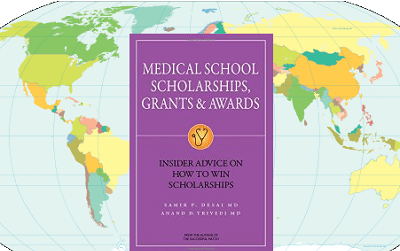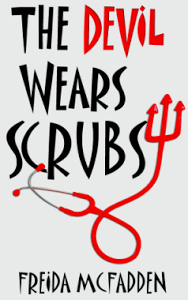There have been two recent topics in the news that are particularly relevant to medical students and residents: medical errors and regulating working hours for residents. These two issues are related in that one potentially large source of medical errors comes from exhaustion of the house staff.
The Joint Commission on Accreditation of Healthcare Organizations has issued patient safety guidelines designed to reduce medical errors and to inform patients when their health has been injured by a medical error. These guidelines aren’t specifically targeted at house staff, but they will probably have a big impact on training. Before these requirements the major repercussion for an error was a thorough grilling of the resident by the Morbidity and Mortality board. Now, the patients and their families (and presumably their attorneys) will have a crack at the attending. If anything is going to increase attending supervision, this will probably be it.
According to a 1999 report of the National Academy of Sciences’ Institute of Medicine, about 98,000 patients die a year because of medical errors. A shocking 7,000 of those are attributable to illegible handwriting on prescriptions!
Unreasonably long work hours and the sleep deprivation associated with 2-3 day call schedules almost certainly contribute to these errors. Unfortunately, there aren’t many clear cut statistics on house-staff errors associated with sleep deprivation. According to a press-release (http://www.amsa.org/news/pr/01/0618.cfm) from the American Medical Student Association
Press release text:
- In one study, 6 of 7 surgical Residents reported falling asleep at the wheel of their car, yet they are still allowed to perform surgery. (JAMA 1988;259(1):43-44.)
- 76% of obstetrics/gynecology residents want a limit on their work hours. (Obstet Gynecol 2001:97:1015-1018)
- Forty-one percent of resident-physicians attribute their most serious mistake in the previous year to exhaustion. (JAMA, 1991; 265:2089-94)
- After 24 hours of wakefulness, cognitive function deteriorates to a level equivalent to having a 0.1% blood alcohol level. These doctors would be considered too unsafe to drive, yet could still treat patients for 12 more hours. (Nature, 1997; 388: 235)
The American Medical Association has taken up the issue of resident work hours, but favors physician-determined limits on work hours rather than legal limits on work hours (see: “Clock Watching” on the AMA website).
The big question is will the new JCAHO guidelines have any impact on resident work hours? The goal of the new guidelines is to identify the biggest root causes of medical errors. Once identified these systematic problems would be eliminated. If, as is widely suspected, overburdened residents make mistakes because of sleep deprivation and exhaustion, the logical answer would be to limit work hours.
The issue of house staff work hours has many facets, only one of which is the potential for errors. Many physicians argue that long work hours are the best way to get trained and that they get the physician-in-training used to making difficult decision in sub-optimal situations. After all, the classic surgery residence director will tell you – “the only thing wrong with every other night call is that you miss half the cases.” Whether this sort of trial by fire is the best, or even a good, way of training physicians is up for debate.
(N.B. This was originally published as a newsletter in July, 2001).
Topics #essay #essayedge.com #financial aid #kaplan #match #medical school #medical school admissions #medical schools #medical student #medical students #personal statement #princeton review #residencies #residency #USMLE


